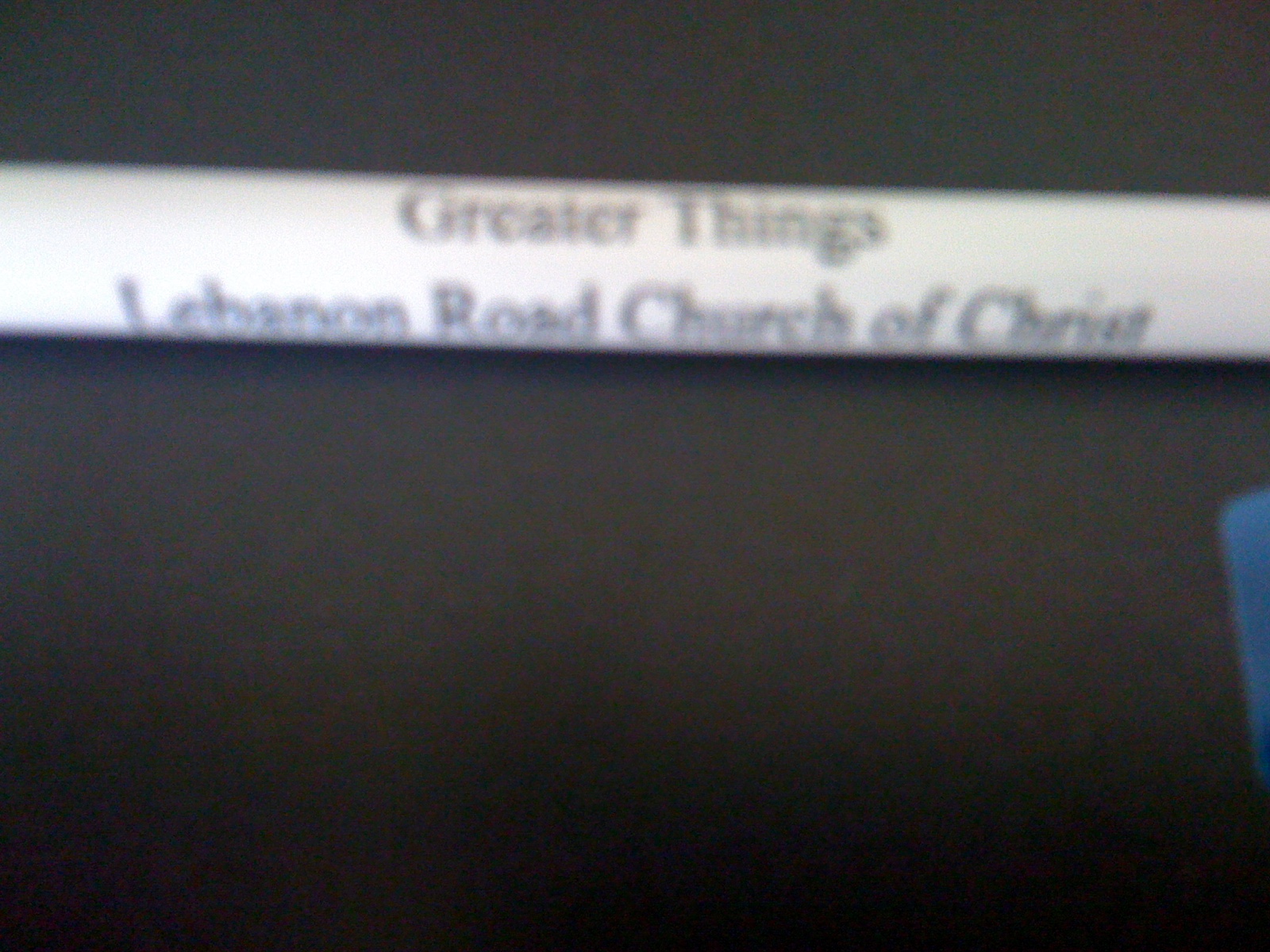Hymn Reflection : Amazing Grace (My Chains are Gone)
Sometimes on our hymn reflections, we write about old songs. Sometimes, we write about new songs. And sometimes, in one post, we can write about both.
There is probably no more well-known hymn on earth that John Newton‘s “Amazing Grace.” It would be impossible to calculate how many times that hymn has been sung, and it continues to be a favorite of so many throughout the world.
In 2006, however, Chris Tomlin and Louis Giglio released “Amazing Grace” with a twist. What is remarkable is that their addition, “(My Chains are Gone,)” changes the music of “Amazing Grace” so much that both songs remain popular. The parenthesis are intentional, by the way. Chris Tomlin himself says that he likes to make a big deal out of the parenthesis around “(My Chains are Gone)” because he does not want to come across to anyone as saying that he wrote “Amazing Grace!” He speaks about that here.
Written about 1773, “Amazing Grace” was not originally a hymn. John Newton wrote it as a poem with some seven stanzas. A few hymnals include six original stanzas but most contain just four. In the future, we will devote a Hymn Reflection post to this wonderful classic, but today we want to look at this reworked version.
Tomlin wanted to utilize one of the lesser-known verses; in fact, the one that is almost never published in hymnals. This basically unused stanza, which begins with the words “the earth shall soon dissolve like snow,” he simply made the final verse. Then he and Louis Giglio wrote a powerful chorus which, of course, “Amazing Grace” had never had. That chorus, which begins with the words “my chains are gone” became the parenthetical subtitle of the new hymn.
Musically, careful listeners will also notice a new “feel” to this song. “Amazing Grace” was set to music that was in 3/4 time, which was quite popular in the 1700s, since it is the common musical meter of waltzes. With the chorus and new melody, however, “Amazing Grace (My Chains are Gone)” is in 4/4 time. This is the musical meter most often used, and is even called “common meter” at times.
If nothing else, this updated version proves that truth is timeless. “Amazing Grace” is a 240-year-old hymn, but the message of God’s grace and the power of it are constantly new and needed. If we are saved by the grace of God, we truly have “been set free.”
As one who loves a lot of older hymns as well as newer songs, “Amazing Grace (My Chains are Gone)” is wonderful. It keeps the words and message of an all-time classic hymn, while adding a little content to bring it to our modern day. God’s grace is always amazing, and because of it, “my God…has ransomed me.”
Lyrics
Amazing grace
How sweet the sound
That saved a wretch like me
I once was lost, but now I’m found
Was blind, but now I see
‘Twas grace that taught my heart to fear
And grace my fears relieved
How precious did that grace appear
The hour I first believed
My chains are gone
I’ve been set free
My God, my Savior has ransomed me
And like a flood His mercy rains
Unending love, Amazing grace
The Lord has promised good to me
His word my hope secures
He will my shield and portion be
As long as life endures
My chains are gone
I’ve been set free
My God, my Savior has ransomed me
And like a flood His mercy rains
Unending love, Amazing grace
The earth shall soon dissolve like snow
The sun forbear to shine
But God, Who called me here below
Will be forever mine
Will be forever mine
You are forever mine
Recording
————————-
Photo credit: Kalyan Chakravarthy on Creative Commons
To receive our blog posts via rss, click here. To subscribe via email (and get a free e-book), click here.
To sign up for our free monthly enewsletter (and get a free e-book), click here.
Click the banner to visit our publishing website




